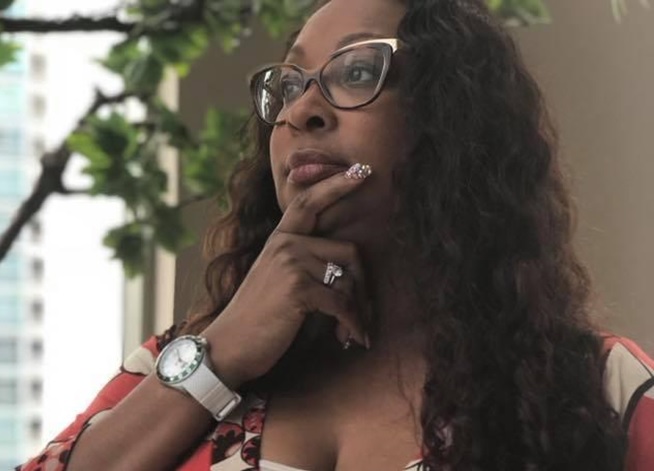There is a saying that the United States is a giant melting pot. It has gotten its name because people of all backgrounds live in this country. There are, however, divergent opinions, many faiths, beliefs, and all that make up this country. Diversity is critical to understanding the power of what makes this country -America. Respecting diversity is just as important. But we must first begin with having uncomfortable conversations that put diversity right in the center. That is why, according to Desiree Peterkin Bell, it is important to normalize uncomfortable conversations.
Why Uncomfortable Conversations Matter
There are a lot of people who inherently try to avoid uncomfortable conversations. According to her, uncomfortable conversations are often the ones that people put off until the last minute. They may anticipate having those conversations with dread, and they often worry about how the other person is going to react. They may be so set in their ways and beliefs that they are unwilling to have these conversations. Just like learning, having these conversations can change the way we see the world. Uncomfortable conversations can broaden our perspective and remind us that our opinions are not necessarily the same opinions held by other people. We learn more about each other, the world, and ourselves through uncomfortable conversations. For some, this may come as a culture shock – GOOD, it should.
Why Do Uncomfortable Conversations Lead To Culture Shock?
Often, uncomfortable conversations lead to culture shock. There are a few reasons why this might happen. First, there might be someone sitting at the table who has a different experience from everyone else. That is something that has happened to Desiree over the years. Desiree has often been the youngest, often only brown woman at a political decision-making table for over 20 years. Second, we often have a hard time putting ourselves in someone else’s shoes. After all, people are informed by their experiences. Finally, uncomfortable conversations can lead to culture shock because we might be shocked at how someone has experienced the world. Just because we have had good experiences ( and even good varies by definition depending on perspective) doesn’t necessarily mean that someone else’s experiences are the same. Because of this, it is important to normalize uncomfortable conversations, be open to things that may not be normal to you, accept the culture shock with an open mind, and use the lessons that we use from other people to make us better people.
How To Enjoy an Uncomfortable Conversation
Sometimes, a bit of discomfort is important because it helps us grow as a person. So, what do we need to do if we want to enjoy an uncomfortable conversation? We need to first be open and then, normalize them. Instead of running from them, dreading them, and putting them off, we need to go into them with an open mind. If you start an uncomfortable conversation with the mindset that you are about to learn something from someone else, you will no longer dread an uncomfortable conversation. Then, think about the lessons you can take away from that uncomfortable conversation. It can help you grow, evolve, and become a better person. Perhaps an even better contributor to society, the world, and your community.
